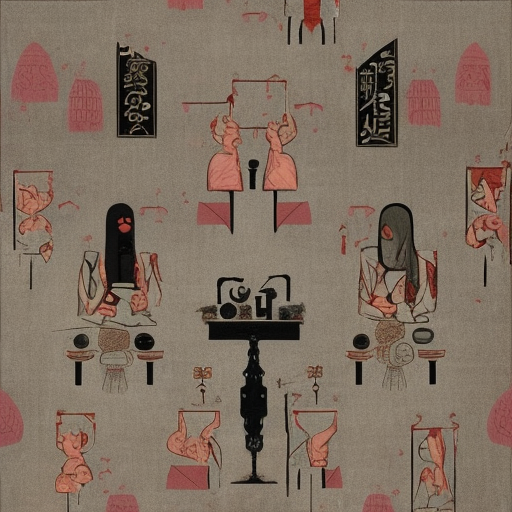The Dinner Game (1998) – A Hilarious French Comedy
Main Cast and Crew:
- Director: Francis Veber
- Writer: Francis Veber
- Key Actors: Thierry Lhermitte as Pierre Brochant, Jacques Villeret as François Pignon, Francis Huster as Just Leblanc
- Music Director: Vladimir Cosma
- Director of Photography: Luciano Tovoli
- Producers: Alain Poiré, Christine Gozlan
The Dinner Game is a French comedy film directed and written by Francis Veber. The movie stars Thierry Lhermitte as Pierre Brochant, a wealthy publisher, and Jacques Villeret as François Pignon, a bumbling tax auditor. The film’s witty screenplay and excellent performances make it a delightful watch.
Plot:
Pierre Brochant, an arrogant and successful publisher, hosts a weekly dinner with his friends. The catch is that each guest must bring along an eccentric person to entertain the group. Pierre believes he has found the perfect candidate in François Pignon, a man obsessed with constructing models out of matchsticks.
However, things take an unexpected turn when Pierre injures his back just before the dinner. Unable to cancel, he decides to invite François to his home instead. Chaos ensues as François inadvertently wreaks havoc on Pierre’s carefully constructed life. From accidentally setting the apartment on fire to causing a series of misunderstandings, François becomes a source of frustration and amusement for Pierre.
As the evening progresses, Pierre realizes that François is not as simple-minded as he initially thought. François reveals a hidden talent for understanding people’s emotions and helping them confront their problems. Despite his quirks, François becomes a catalyst for change in Pierre’s life, forcing him to confront his own flaws and reevaluate his priorities.
Themes and Motifs:
The Dinner Game explores themes of arrogance, friendship, and the consequences of our actions. The film highlights the absurdity of Pierre’s dinner game, where people are objectified for entertainment. It satirizes the shallow nature of Pierre’s social circle and questions the value of success and wealth without genuine human connections.
The motif of mistaken identities and misunderstandings adds to the comedic elements of the film. François’ innocent actions lead to hilarious situations, highlighting the absurdity of Pierre’s world. The film also emphasizes the importance of empathy and understanding, as François inadvertently helps Pierre confront his own shortcomings.
Reception and Legacy:
Upon its release, The Dinner Game received critical acclaim and became a box office success in France. The film’s clever humor and well-crafted screenplay were praised by critics and audiences alike. It won the César Award for Best Writing and was nominated for several other awards.
The film’s success led to international recognition, with a Hollywood adaptation titled “Dinner for Schmucks” released in 2010. While the remake received mixed reviews, it further cemented the legacy of the original French film.
Recommendation:
The Dinner Game is a must-watch for fans of French comedies. With its sharp wit, hilarious performances, and thought-provoking themes, the film offers an entertaining and insightful experience. The chemistry between Thierry Lhermitte and Jacques Villeret is exceptional, making their on-screen interactions a joy to watch.
Whether you’re looking for a good laugh or a film that challenges societal norms, The Dinner Game delivers on both fronts. It’s a timeless comedy that will leave you pondering the absurdities of life and the importance of genuine connections.
Memorable Quote:
“You know, I’m not very good at making friends. That’s why I concentrate on my work. But you, you’re good at making friends. You’re good at making people happy.” – François Pignon












